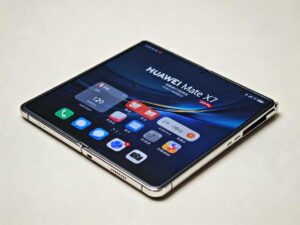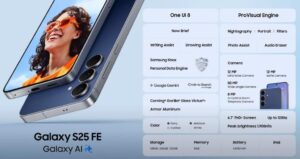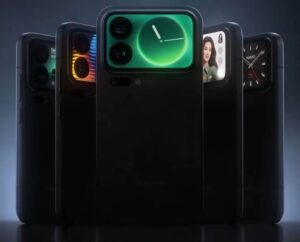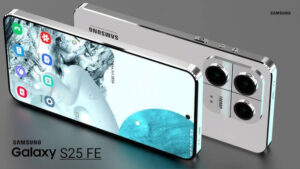Apple has launched a significant legal battle against a former employee and Chinese tech giant OPPO, marking another high-profile case of alleged corporate espionage in the fiercely competitive smartwatch market. The lawsuit, filed on August 22, 2025, in the Northern District of California, accuses Dr. Chen Shi, a former Apple Watch sensor systems architect, of orchestrating a sophisticated scheme to steal confidential Apple Watch technologies for OPPO’s benefit.

Table of Contents
The Core Allegations: A Calculated Information Heist
The lawsuit reveals a methodical approach to trade secret theft that allegedly began months before Shi’s departure from Apple. According to court documents, Dr. Chen Shi worked at Apple from January 2020 to June 2025 as a highly compensated Sensor System Architect, giving him access to Apple’s most sensitive wearable technology information, including design documents, internal specifications, and future product roadmaps.
Apple alleges that Shi began pursuing employment with OPPO as early as April 2025 while still working at Apple, concealing his true intentions from his colleagues. When announcing his departure, Shi allegedly lied to Apple, claiming he was returning to China to care for his elderly parents with no plans to seek new employment, when he had already accepted a position at OPPO.
Here is another try at smart wearables, but this time from Meta.
The Digital Evidence Trail
The most damning evidence centers on Shi’s actions during his final weeks at Apple. The lawsuit details how Shi allegedly:
- Downloaded 63 confidential files from Apple’s protected Box folder and transferred them to a USB drive just three days before his departure
- Conducted dozens of one-on-one meetings with Apple Watch technical team members to gather information about ongoing research and development projects involving optical sensors, temperature sensors, and ECG sensors
- Searched online for “how to wipe out [a] MacBook” and “can somebody see if I’ve opened a file on a shared drive?” – indicating awareness of his illicit activities
Perhaps most incriminating, Apple presented internal communications where Shi allegedly told OPPO’s Vice President of Health, Zeng Zijing, that he was “collecting as much information as possible” to share with his new employers. Zeng reportedly responded with “alright” and an “OK” emoji, suggesting OPPO’s knowledge and approval of the scheme.
The Stolen Technology: Heart of Apple’s Competitive Advantage
The alleged theft targeted some of Apple’s most valuable intellectual property in the wearable technology space. The stolen information reportedly included:
- Advanced health sensor technologies including photoplethysmography (PPG) for heart rate monitoring
- Electrocardiogram (ECG) sensor specifications that enable Apple Watch’s FDA-cleared heart rhythm detection
- Temperature sensing methodologies crucial for Apple’s latest health monitoring features
- Chip engineering documents and technical specifications for hardware and software implementations
- Future product roadmaps that could give competitors years of advance knowledge about Apple’s strategic direction
This technology represents years of costly research and development by Apple, with the company having invested heavily in creating industry-leading wrist-based health monitoring capabilities. The Apple Watch’s health sensors have received FDA clearance for medical-grade monitoring, giving Apple a significant competitive advantage in the smartwatch market.

OPPO’s Response: Denial and Defense
OPPO has strongly denied the allegations, issuing a statement through MacRumors asserting they have “found no evidence establishing any connection between these allegations and the employee’s conduct during his employment at OPPO.” The company further stated that “OPPO respects the trade secrets of all companies, including Apple, and OPPO has not misappropriated Apple’s trade secrets“.
The Chinese tech giant indicated it will “actively cooperate with the legal process” and expressed confidence that “fair judicial proceedings will clarify the facts”. However, Apple’s lawsuit names not only Shi but also OPPO and its US research arm InnoPeak Technology as defendants, suggesting the company believes OPPO was complicit in the alleged scheme.
Industry Context: The Escalating Battle for Wearable Supremacy
This lawsuit highlights the intensifying competition in the smartwatch market, where health monitoring capabilities have become a key differentiator. Apple has dominated the premium smartwatch segment, but Chinese manufacturers like OPPO have been rapidly advancing their own wearable technologies.
The timing is particularly significant as Apple continues to push the boundaries of wearable health technology. Recent developments include the reintroduction of blood oxygen monitoring to newer Apple Watch models and ongoing research into blood pressure monitoring and glucose tracking capabilities. Any theft of this technology could give competitors a substantial head start in developing similar features.
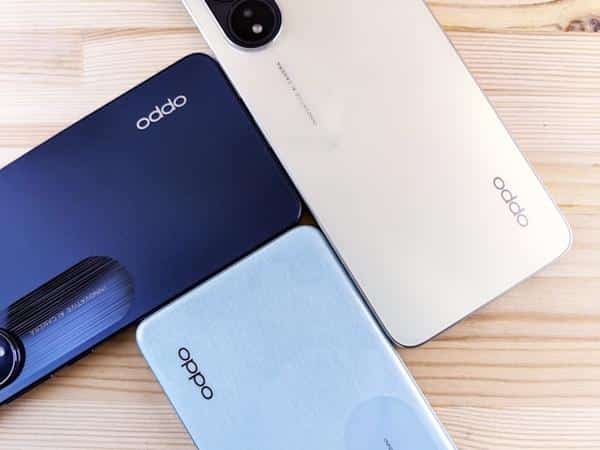
Apple’s Pattern of Aggressive IP Protection
This case represents part of Apple’s broader strategy of aggressively protecting its intellectual property. The company has a history of pursuing legal action against former employees suspected of trade secret theft:
- In July 2025, Apple sued former Vision Pro engineer Di Liu for allegedly stealing trade secrets before joining Snap
- The company has taken action against multiple former engineers from its discontinued autonomous vehicle project for allegedly taking secrets to China
- Apple has been locked in ongoing legal battles with companies like Masimo Corp over smartwatch technology patents
The Legal Stakes: What Apple is Seeking
Apple is requesting comprehensive relief from the court, including:
- Injunctive relief prohibiting OPPO and Shi from using or disclosing Apple’s trade secrets
- Restitution and damages to compensate for the alleged theft
- Punitive damages to deter future misconduct
- Attorney’s fees and other costs
- Forensic examination of devices and accounts to ensure complete return of stolen information
The lawsuit could have far-reaching implications for both companies. If Apple prevails, it could force OPPO to halt development of competing products that may have benefited from the alleged stolen technology, potentially setting back the Chinese company’s smartwatch ambitions by years.
Broader Implications for Tech Industry Trade Secret Protection
This case underscores the critical importance of robust trade secret protection in the technology industry, where intellectual property often represents the majority of a company’s value. The incident highlights several key challenges:
Employee Mobility and Information Security
The case demonstrates the risks companies face when employees move between competitors, particularly in highly competitive sectors like wearable technology. Best practices for protection include:
- Implementing comprehensive non-disclosure agreements and confidentiality policies
- Conducting thorough exit interviews and immediately revoking access to confidential systems
- Training employees on trade secret protection and the legal implications of theft
- Establishing access controls that limit information exposure based on job requirements
The Challenge of Proving Trade Secret Theft
To successfully pursue trade secret claims, companies must demonstrate they took “reasonable measures” to protect the confidential information. This includes:
- Marking information as confidential and implementing physical and digital security measures
- Limiting access to trade secrets on a need-to-know basis
- Creating an employee culture that prioritizes confidentiality protection
- Regular monitoring for potential infringements and having response plans in place
-
Apple Wearable Technology: Photo by Jaime Marrero on Unsplash
Looking Forward: The Future of Wearable Technology Competition
As the lawsuit unfolds, it will likely influence how tech companies approach talent acquisition and information security in the competitive wearable technology space. The case may also impact OPPO’s ability to compete effectively in the global smartwatch market, particularly if the court finds merit in Apple’s allegations.
For the broader industry, this case serves as a stark reminder of the value of trade secrets and the lengths to which companies will go to protect their competitive advantages. As wearable technology continues to evolve with advanced health monitoring capabilities, the stakes for protecting intellectual property will only continue to rise.
The outcome of this lawsuit could establish important precedents for trade secret protection in the technology sector, potentially influencing how companies structure their security protocols and employee agreements. For now, both Apple and OPPO will need to navigate this legal battle while continuing to innovate in the rapidly evolving smartwatch market.


